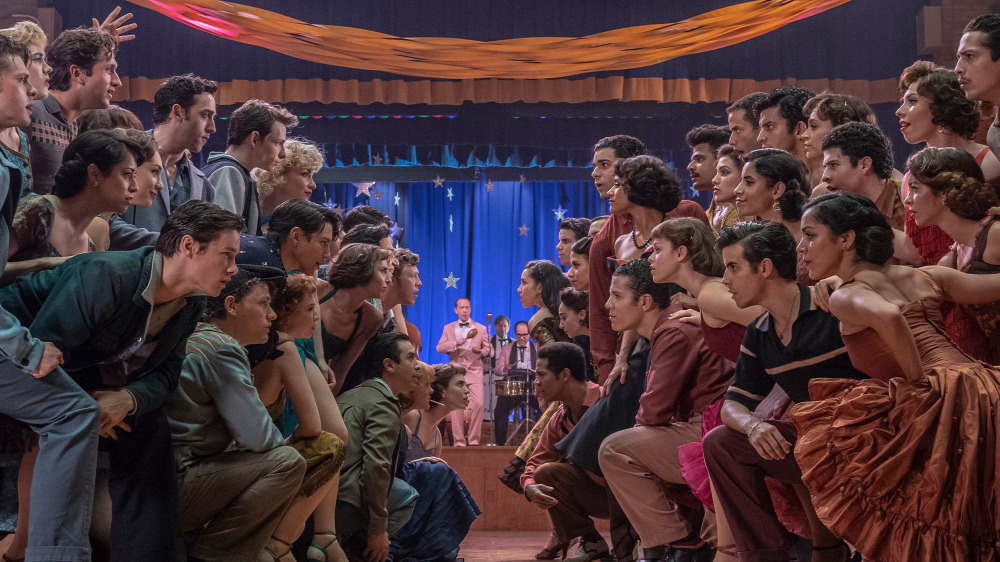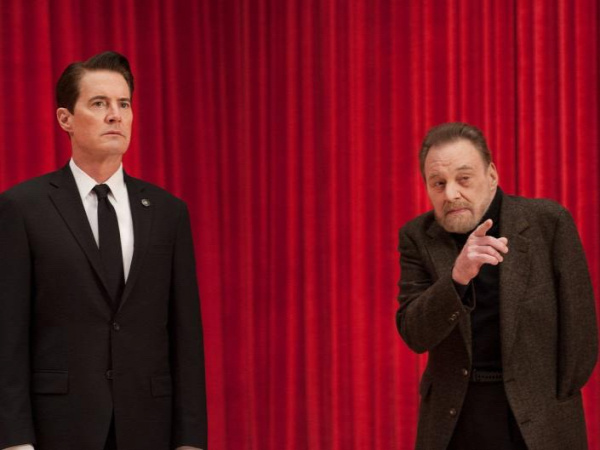
From film classics like "Schtonk!" (1992) to cult comedies like "Football is our life" (2000) to emotional hospital dramas like "Charité" (2021) - acting veteran Uwe Ochsenknecht (66) has become an integral part of the German film and television landscape.
Now the 66-year-old is in the Prime Video comedy "Friedliche Weihnachts" from December 9th as the pedantic senior physician Professor Dr. dr to see Dietrich Hansen.
In the series, he stands in the way of his daughter Johanna's (Valerie Huber, 26) happy marriage to her boyfriend Anton (Timur Bartels, 27). After all, the father only accepts doctors for his child and Anton works in the record shop. At the joint Christmas party, the would-be son-in-law simply pretends to be a doctor.
In an interview with the news agency spot on news, Ochsenknecht reveals which reunion he was particularly happy about during the shoot, what fascinates him about medicine and what plans he has for this Christmas.
Mr. Ochsenknecht, can one imagine Christmas with you to be as "peaceful" as in "Peaceful Christmas"?
Ochsenknecht: When I was still celebrating with my family and small children, it was of course more turbulent, which is also a nice thing. But after the holidays you already know what you've done. It's calmed down now.
Some of the children have families of their own with whom they celebrate. I celebrate very comfortably with my wife and then we usually get together.
Does your family have a fixed Christmas ritual?
Ochsenknecht: That's more with my wife, that we dress nicely and eat. There is a gift table under the tree. We take the dogs for a walk and of course they get something too. But everything was very manageable, calm and relaxing.
Do you sing the classic Christmas carols?
Ochsenknecht: No, we don't do that. Then we have them sing, and we have nice music in the background while we eat. Then maybe a movie will be watched, friends will visit us too.
How much did you like the role of Prof. Dr. dr Hansen had fun?
Ochsenknecht: As you can see in the film, we got along really well, the whole ensemble had great chemistry. We had a lot of fun, laughed a lot. Even in places where you shouldn't have done it. But it was very pleasant work.
You can hear the Hessian dialect very nicely.
Ochsenknecht: Yes, that was a bit of a Mannheim dialect to add a bit of color to it. That was still harmless, only hinted at.
But it does bring a bit of your homeland into it.
Ochsenknecht: Yes, too. It gives the character a bit of local color. I found that very good.
In the series "Charité" you were already seen as a doctor. What fascinates you about the medical profession?
Ochsenknecht: That fascinated me even as a child. I was always the one who came up with the plaster when someone got hurt. I would also like to have studied medicine. Now acting got in my way. Then I thought: "Well, if that's what it's supposed to be, it will be." And it was a good thing. But I've always been interested in the biology of the body. For example, if you cut yourself and later you can't see anything, sometimes not even a scar. That's very fascinating. There's still so much, biochemistry ... such a body is a miracle.
Whether it's a doctor or a garbage man - you've actually been allowed to play something in every professional field...
Ochsenknecht: There are still enough that I haven't played. Of course, that always depends on the story and the script, whether something is interesting. In this respect, it can be all possible areas.
The prospective son-in-law on the show pretends to be a doctor. Do you think stand still plays a role in partnerships?
Ochsenknecht: I think there are still parents who value it. With nobles anyway, stupid as it is. This is still the "Shakespeare Syndrome". Unfortunately.
Wouldn't that happen to you with your own children?
Ochsenknecht: No, it is important that they are happy. With whoever. Happiness and health are important, everything else is none of my business.
Her colleague Esther Schweins shines in the series as a stoned wife. How does it enrich your collaboration?
Ochsenknecht: We've known each other for a long time. She also comes from Mannheim. There is a moment when she freaks out and speaks in the Mannheim dialect. The chemistry between us is also right.
We've almost never worked together. Way before she was on "RTL Saturday Night", I had a brief appearance and we got to know each other. But we never really played together. It was the first time and really nice.
Unfortunately, we just had to say goodbye to another great colleague of yours, Christiane Hörbiger passed away. They both had "Schtonk!" a great success. how ble




 Helen Mirren credit:Bang Showbiz
Helen Mirren credit:Bang Showbiz Avatar: The Way of Water atau Avatar 2
Avatar: The Way of Water atau Avatar 2